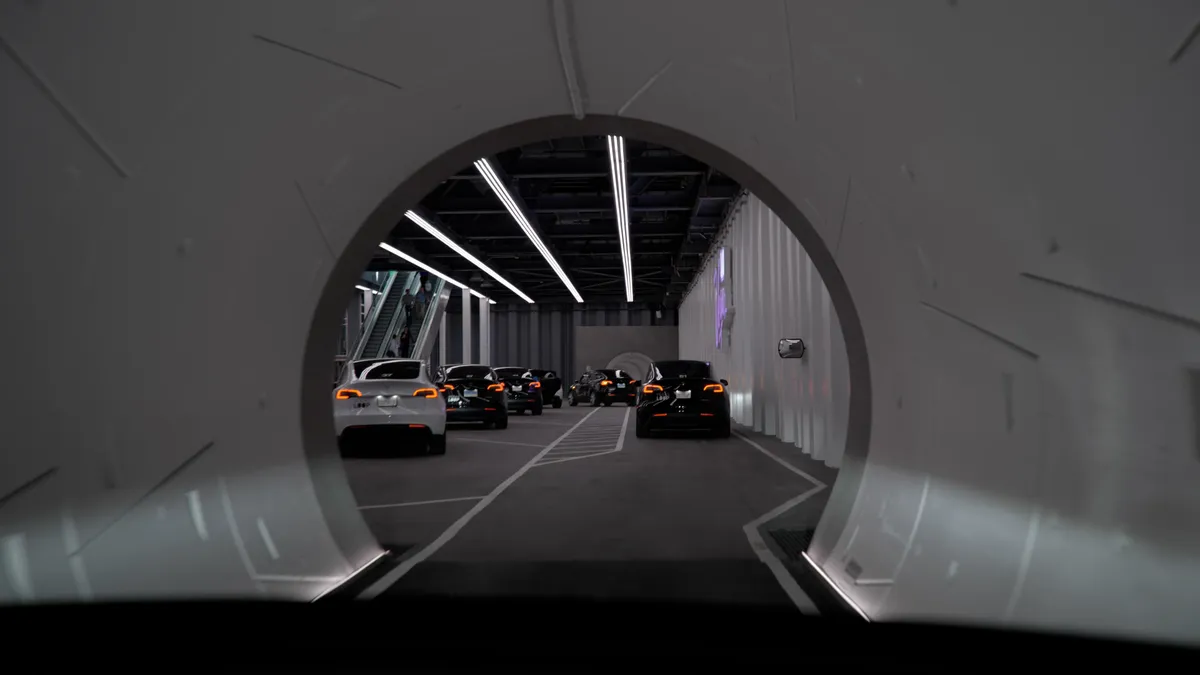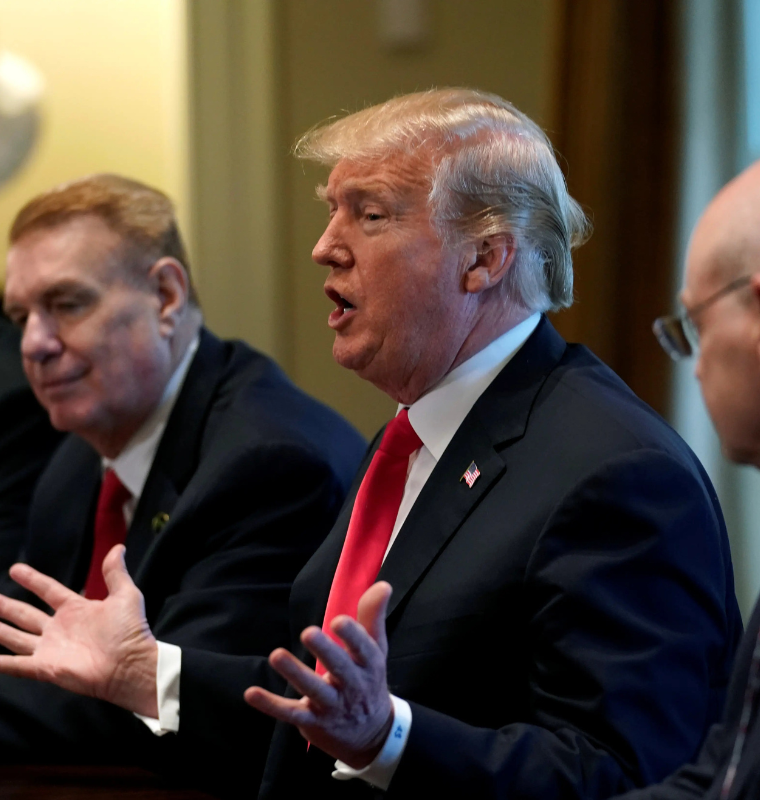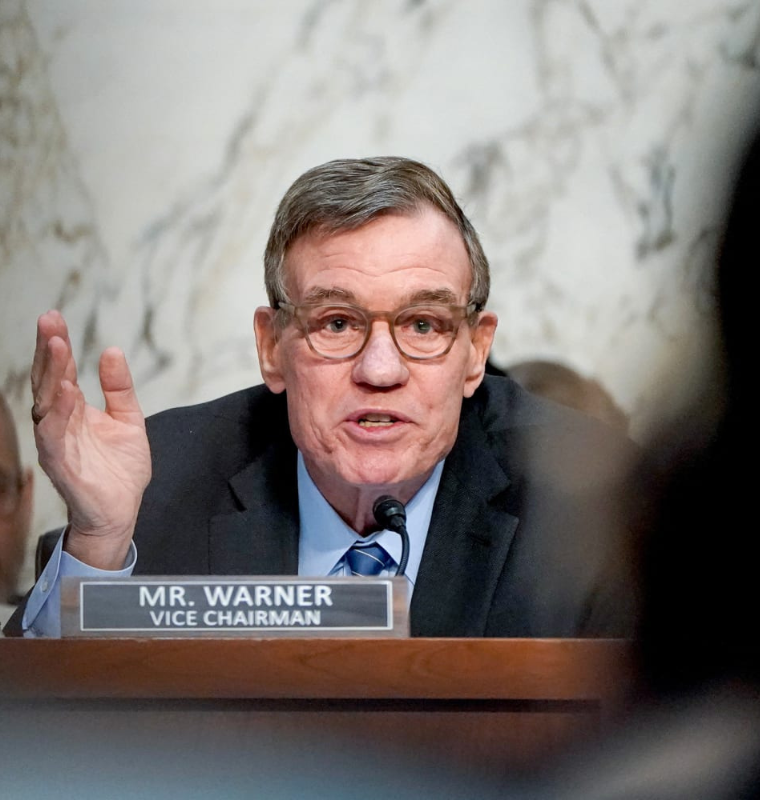Elon Musk’s Tunnel Ambitions in Nashville Ignite Political Clash and Public Backlash
Elon Musk’s Tunnel Ambitions in Nashville Ignite Political Clash and Public Backlash
By
David Goldfarb
Last updated:
July 31, 2025
First Published:
August 6, 2025

Photo: CNET
Musk’s Music City Megaproject Faces Political Firestorm
Elon Musk’s tunneling startup, The Boring Company, is once again under the spotlight—this time for its ambitious plan to build a 10-mile underground transit loop in Nashville, Tennessee. Dubbed the “Music City Loop,” the project promises to connect downtown Nashville and the Convention Center to the Nashville International Airport in just 8 minutes.
But rather than being met with universal support, the announcement has ignited a fierce political and public feud, primarily over the lack of transparency and absence of public involvement in fast-tracking the project.
A Cozy Alliance with Republican Leadership
The initiative is being spearheaded in coordination with Tennessee Republican Governor Bill Lee, who praised the venture in a press release, calling it a “no-cost, mutually beneficial opportunity” for the state. According to officials, the project would be entirely privately funded and involve no taxpayer dollars—though critical details about environmental reviews, public input, or safety assessments remain missing.
The lease arrangement would allow Musk’s firm to take over state-owned land equivalent to a football field in downtown Nashville without any compensation. An emergency meeting and public hearing have been scheduled by a state commission that includes the governor, speaker of the house, and other top officials. Notably, the public was given less than a week’s notice.
Democratic Lawmakers Push Back
Nashville’s Democratic leaders, including State Representative Justin Jones and Mayor Freddie O’Connell, are voicing strong objections. “We’ve had no public comment, no environmental assessment, no community dialogue,” said Jones. “They’re giving away public land for free, but that’s not cost-free—it’s a cost to public trust and oversight.”
Jones claims he was denied access to company events and recruiting sessions, even when attempting to speak with The Boring Company CEO Steve Davis about potential jobs in his district. “They told me I wasn’t allowed to be there,” Jones reported, sharing video evidence of the encounter.
A Track Record of Controversy
This is far from the first time The Boring Company has stirred debate. In Las Vegas, Musk’s tunnel loop project cost Nevada taxpayers around $50 million and drew criticism for limited accessibility and functionality. Unlike traditional subways, the Vegas tunnels rely on Tesla cars to shuttle riders and lack pedestrian pathways. The project has also been cited for repeated safety violations and worker injuries, according to the Nevada OSHA.
Plans for tunnels in Chicago and other cities were ultimately scrapped, either due to public resistance or logistical hurdles.
Is Nashville Ready for Underground Transit?
There are serious infrastructure and environmental concerns about tunneling in Nashville. The city experiences an average of 50 inches of rainfall annually, over 10 times more than Las Vegas. Flooding has long plagued the area, and Metro Water Services has previously used federal funding to relocate vulnerable homeowners to safer zones.
Critics argue that The Boring Company has no experience building in flood-prone environments, raising alarms about safety, maintenance, and long-term costs.
More Musk Investments Stir Debate in Memphis
While controversy swirls in Nashville, Elon Musk’s AI venture xAI is rapidly expanding in Memphis, on the state’s western edge. The company has repurposed a former home appliance factory into a power-hungry data center and supercomputer hub to train its chatbot Grok.
The project has sparked legal action from the NAACP and other advocacy groups, who allege xAI’s natural gas turbines are polluting nearby majority-Black neighborhoods, violating the Clean Air Act and contributing to environmental injustice. In response, xAI claims it is committed to community and environmental responsibility.
Innovation vs. Oversight
The Music City Loop may be Musk’s latest attempt to redefine urban transit—but its launch in Nashville underscores a growing tension between rapid innovation and democratic process. As state leaders embrace Silicon Valley partnerships, questions remain about who benefits, who decides, and who bears the risk.
With a public hearing set for 8 a.m. Thursday at the Cordell Hull State Office Building, the future of the Boring Company’s Nashville project—and Musk’s broader expansion in Tennessee—hangs in the balance.
Popular articles
Subscribe to unlock premium content
Disney’s Timeless Magic and How the Entertainment Giant Continues to Shape Culture and Innovation

Imran Khan’s Economic Missteps Amid Political Chaos in Pakistan

The Philippines’ Digital Shift How Remittances and BPO Are Fueling Growth

Disney’s Timeless Magic and How the Entertainment Giant Continues to Shape Culture and Innovation

Imran Khan’s Economic Missteps Amid Political Chaos in Pakistan

Disney’s Timeless Magic and How the Entertainment Giant Continues to Shape Culture and Innovation









